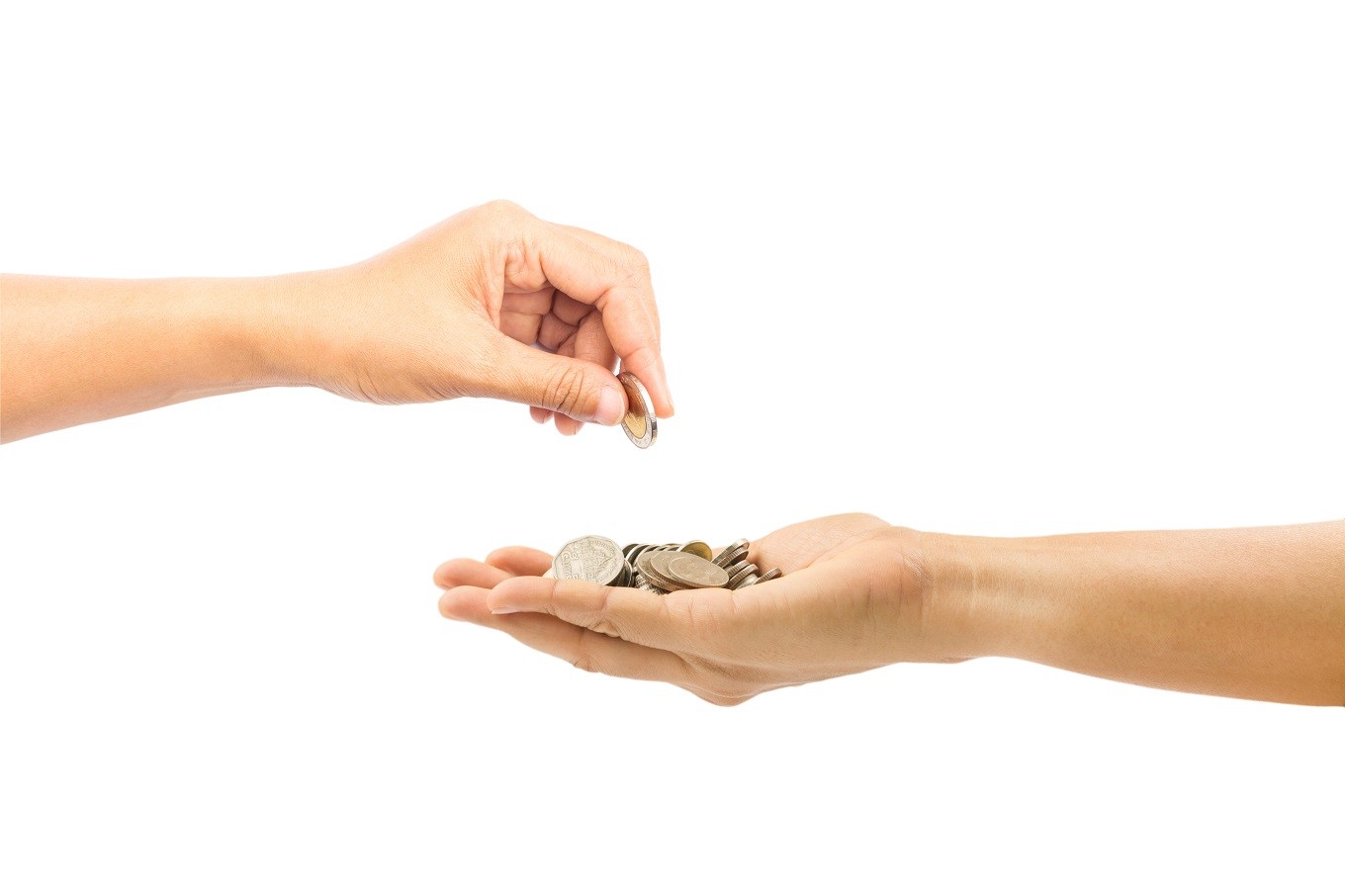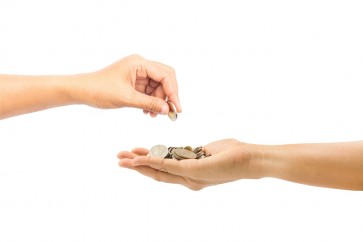Popular Reads
Top Results
Can't find what you're looking for?
View all search resultsPopular Reads
Top Results
Can't find what you're looking for?
View all search resultsIndonesia cracks down on illegal P2P lenders. But many people are already drowning in debt.
Many people have already fallen victim to illegal peer-to-peer (P2P) lenders and are languishing in debt in the midst of a crushing pandemic.
Change text size
Gift Premium Articles
to Anyone
T
he government has started cracking down on unlicensed and illegal peer-to-peer (P2P) lending platforms amid growing complaints over intimidatory debt-collection practices and data-privacy concerns.
However, many people have already fallen victim and are languishing in debt in the midst of a crushing pandemic. Those who take advantage of such services are often unable to pay back their loans due to financial constraints caused by the pandemic or predatory loan interest rates.
Heny, a 31-year-old freelance makeup artist based out of Tangerang, Banten, said that she initially did not intend to get involved with any P2P lenders.
However, with her husband suffering a bone fracture and out of work since last year, she found herself having to take out a loan to cover their daily needs.
Heny said she had initially taken out loans from two licensed P2P lenders but was forced to take out new loans to pay back the previous ones due to ongoing financial constraints. It did not help that her loans were already connected to various online shopping accounts, making it more difficult to avoid spending money that she did not have.
She currently owes the P2P lenders up to Rp 17 million (US$1,194). However, her troubles do not stop there.
Heny has learned to anticipate repeated calls from the debt collectors when her payments are due.


















